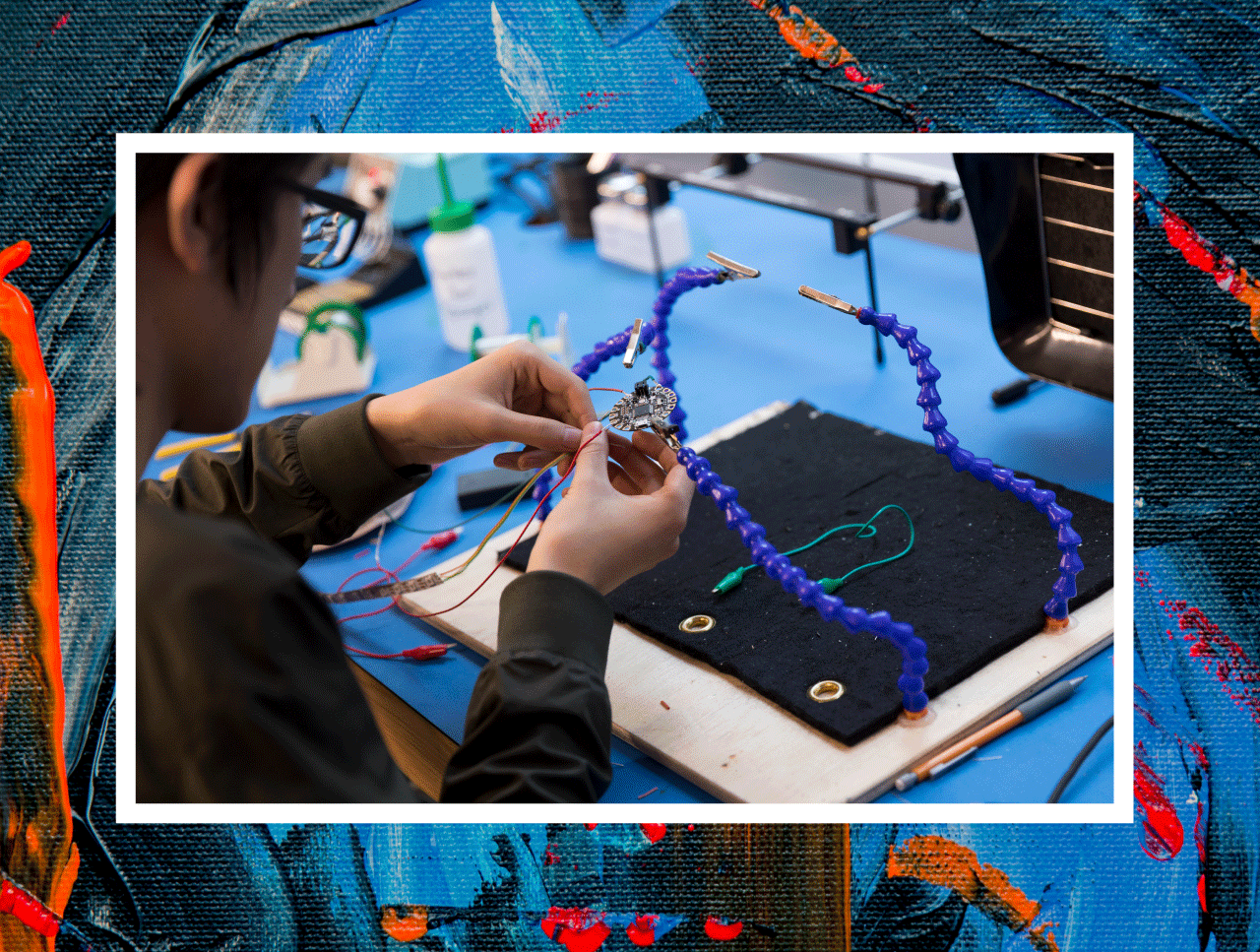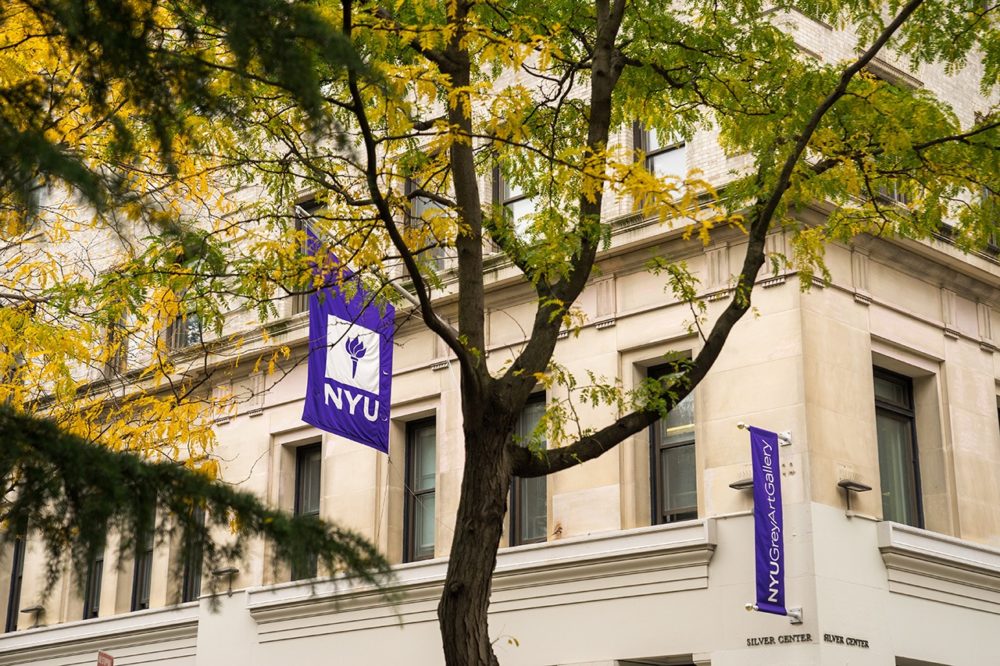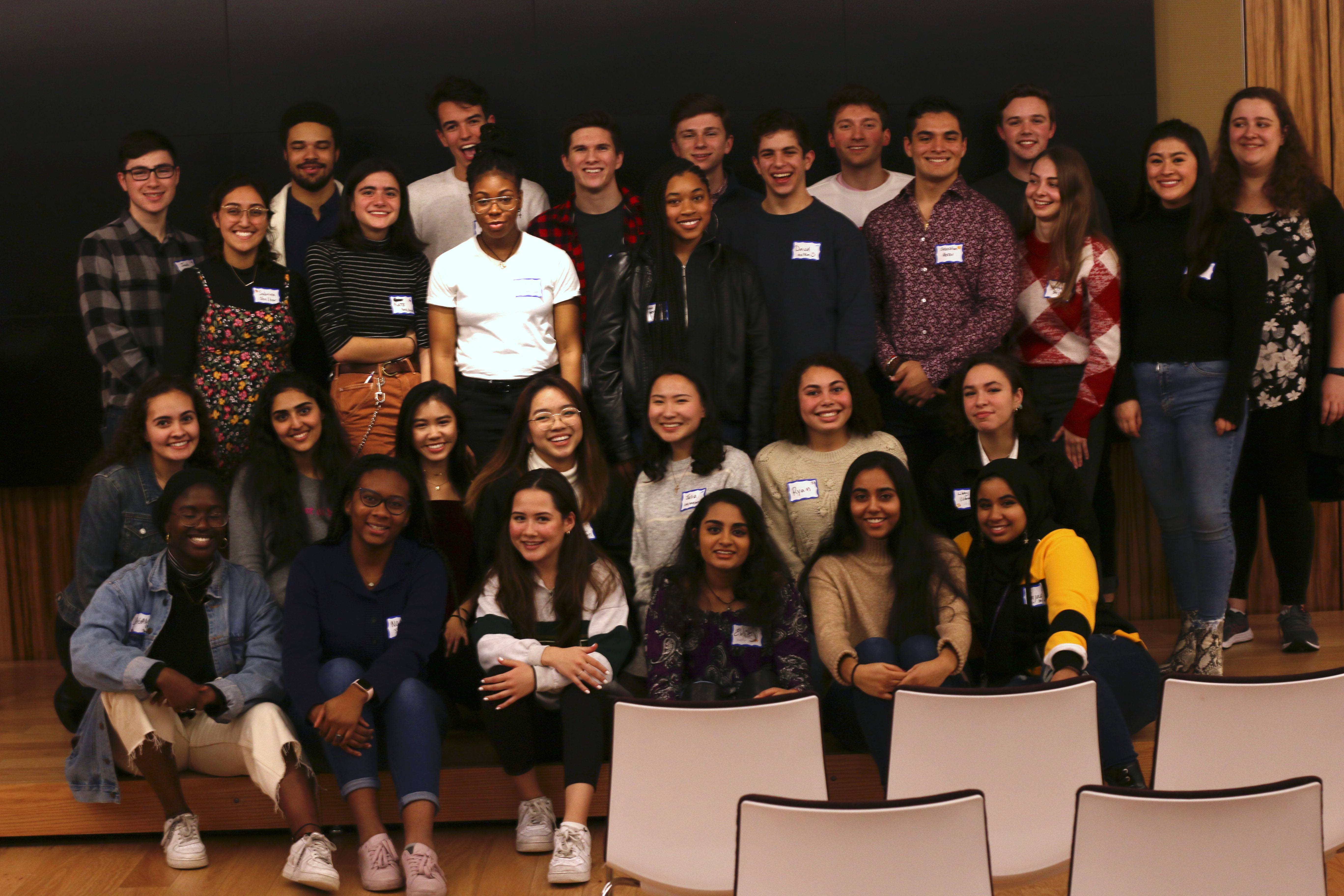Published September 15, 2021
The CAS College Cohort Program: Giving Students the Tools to Succeed
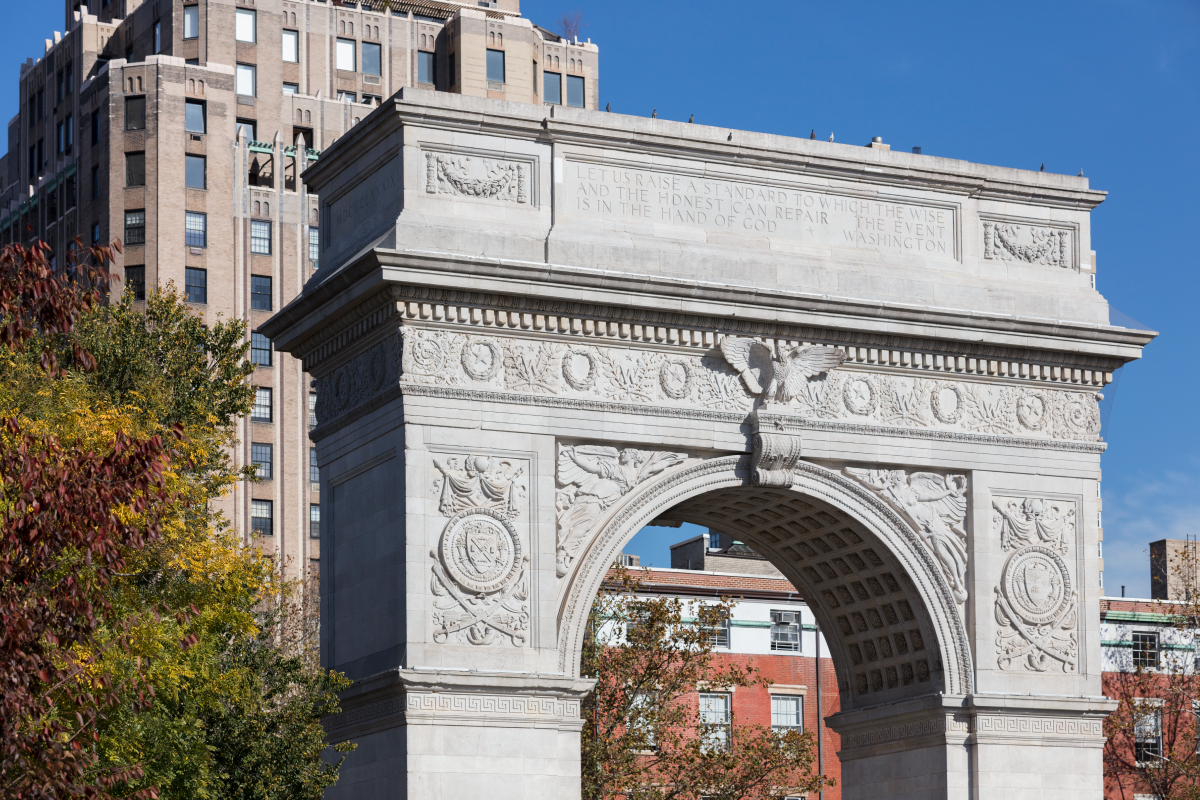
NYU offers over 11,000 courses and grants more than 30 different degrees. The College of Arts and Sciences (CAS) is the University’s largest school, with 66 majors and 69 minors. To top it all off, New York City itself—with over 8.4 million people—is your classroom. With so many resources, perspectives, and voices, you have near-limitless opportunities for learning in and out of the classroom. But having so many options can also be overwhelming at times. And that’s where the CAS College Cohort Program (CCP) comes in.
Here, every student has the opportunity to build a small but mighty community. From day one at NYU CAS, you’ll grow alongside a cohort of 30 other students while focusing on four themes: academic success, personal and career development, community engagement, and leadership experience. These ensure you receive the necessary support, meet personal and academic milestones, and feel prepared for the future. “The CCP showed me just how rich the CAS community is,” says Monique Ezeh, CAS 2023 and a cohort president. “It gives students a chance to learn about themselves and what they want to do as well as the resources to pursue those passions. Additionally, I came to NYU knowing no one, and my cohort really helped me get comfortable at NYU. Today, I can say with certainty that the College Cohort Program—and the world-changing individuals I met through it—have left an indelible mark on my life.”
Leadership Skills
Looking to get involved beyond the classroom at CAS? Look no further than the College Cohort Program. It offers students a variety of leadership positions, including college leader and cohort president. To begin, first-year students get introduced to the NYU Leadership Initiative. Then, you’ll refine your leadership skills over the next two years. As a senior, you’ll share your experiences with younger students and learn how to brand them effectively for job applications.
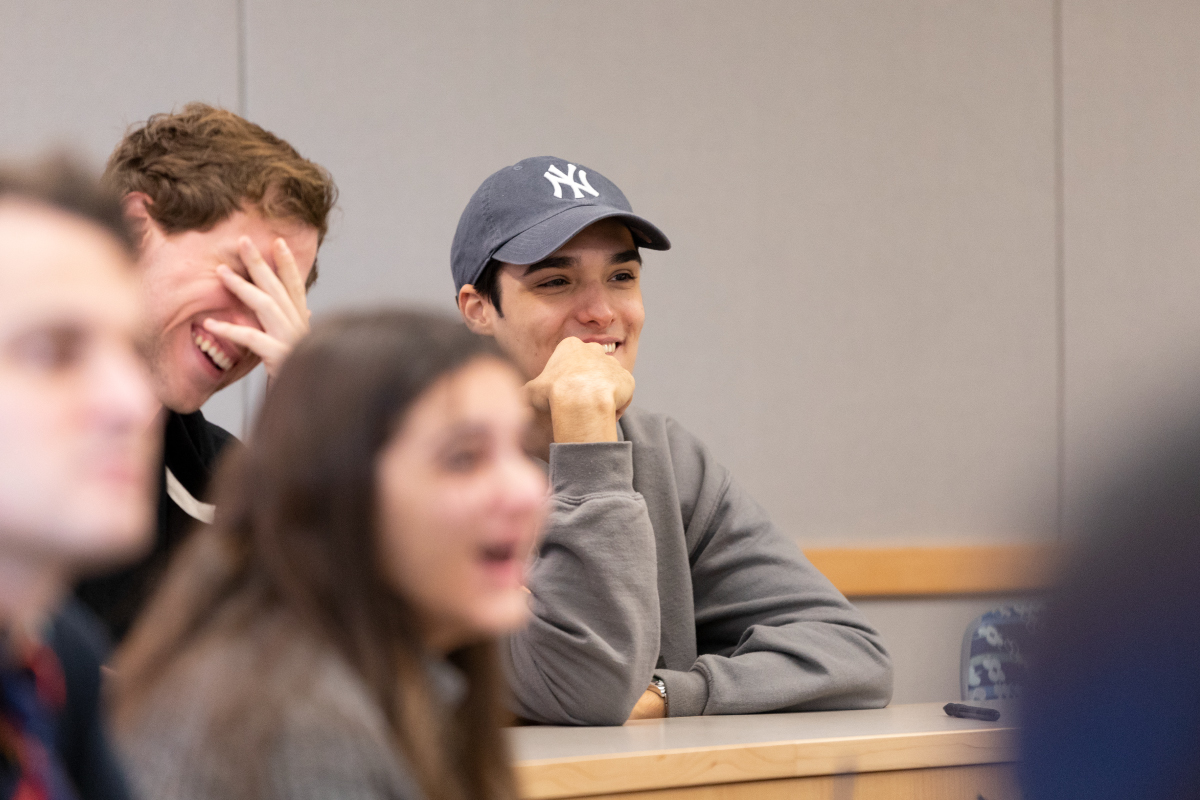
Community Engagement
At NYU the city is your classroom, and the Cohort Program connects all cohort students with their CAS, NYU, and NYC communities. In addition to building friendships within your cohort, you’ll connect with the greater NYU community through on-campus events and the New York community through service activities. “Simply put, we aim to teach students how to connect with each other and the community around them. Community is a big part of life. So knowing how to interact with and serve your community, no matter where it is, is a life skill,” says Fiyin Okeremi, CAS 2023, and a cohort leader. Later on, community-centric events include Alternative Breaks, week-long trips during which CAS students engage in direct social service.
Academic Success
CAS students are primed for academic success from day one, as the College Cohort Program introduces you to NYU’s many academic resources and research opportunities. Through exploring academic departments and connecting with professors, you’ll be ready to declare your major by the end of your sophomore year. Senior year wraps up with each cohort celebrating their academic successes.

Personal and Career Development
Whether you’ve known that you were going to be a journalist since age three or you have no idea what you want to do post-graduation, the College Cohort Program will support you in your career journey. First, you’ll attend CAS Orientation programs and events. Then, you’ll learn all about the Wasserman Center for Career Development and participate in the Alumni Mentor Program. Finally, you’ll prepare to navigate post-college life through internships and job search assistance.
“It sets students up for success in so many ways,” says Monique. “Focusing on personal and career development helps students understand themselves on a deeper level. We get to learn what our strengths and weaknesses are and how to hone them and better ourselves. You get equipped with these essential tools, such as self-care, reaching out for help, delegating responsibilities, and time management.” Adds Fiyin, “A big part of the program is leaving students with practical and helpful tips that they can use throughout their college experience and beyond.”

